Crafting a successful book launch campaign is an art that merges creativity, strategy, and a deep understanding of your target audience. It’s not just about putting your book out there. It’s about creating an experience, generating anticipation, and engaging with your readers in a way that makes your book not just a publication but an event.
This comprehensive guide on book launches will delve into the essence of running a successful campaign. We’ll outline our proven AMPT strategy: audience, motivation, profits, and timeframe.
Whether self-published or working with a publisher, you will want to understand what makes a book launch successful. A book launch aims to captivate the author’s intended audience and propel sales to new heights.
What exactly is a book launch? The commonly accepted definition is – a range of strategically planned events, activities, and initiatives occurring in the weeks or even months before the release of a new book.
A big part of a successful campaign is getting buy-in. There will be people who will buy your book because they love you and they don’t care if the book’s topic is not of interest to them.
Most prospects will need to know what’s in it for them -WIIFT. The better you can articulate this, the easier for prospective readers to realize that your book is precisely what they want and need.
For your promotional partners, they’ll want to know what’s in it for their audience. They, after all, need to provide value to their audience and understand why that audience will care about your book.
Some authors focus on what they want to achieve with a book launch without adequately considering how to serve their potential readers; this can lead to less-than-stellar results
Spend time developing your “Author Why”- why you wrote the book
The more closely you can tie this to the golden result your reader will get from your book, the easier it is for influencers, partners, and readers to want to be part of your launch. A why that includes being of service is also easy to get behind.
Here is an example: I wrote my book Better Leadership because I have experienced too many poor leaders in my career who have made my life miserable. I want my first book to help executives lead better so that fewer employees hate going to work because they don’t have great, supportive leaders.
If you are an employee experiencing poor leadership or a leader worried they aren’t leading and being supportive enough, you’ll probably run to buy this book.
The Setting the Stage for Book Launch Success:
The Prelude: Understanding Your Audience (A)
Understanding your audience is paramount before the curtains rise on your book launch campaign. The key is knowing who they are and comprehending their desires, needs, and how your book fits into their world. Consider demographics, but also delve into psychographics—understand their motivations, challenges, and what excites them. Tools like surveys, social media insights, and engagement data can unveil valuable insights. With this understanding, tailor your campaign to resonate deeply with your audience.
For nonfiction authors, the reader is also their ideal prospect.
The Rising Action: Motivation (M)
Motivation fuels every successful campaign. You must ignite excitement, anticipation, and a sense of urgency in your audience. Offer prospects a reason to buy your book and become part of the narrative surrounding it. This might involve sneak peeks, behind-the-scenes content, or special bonuses for early supporters and pre-orders. Create a story around your book that captivates your audience and makes them feel like they’re a vital part of the journey.
Provide incentives and share what’s in it for them. Share the book description and elaborate on how the subject matter of your book will help the reader learn something new, transform or shift their thinking and mindset, solve a big problem, grow as a person, or enjoy the story.
Share what’s in it for them. Share the book description and elaborate on how the subject matter of your book will help the reader. This can be to learn something new, transform or shift their thinking and mindset, solve a big problem, grow as a person, or simply enjoy the story.
Incentives and motivation share a deep connection
A scientific reason for this is tied to humans’ attraction to pleasure and rewards. The incentive theory of motivation underscores that incentives are the driving force behind motivation.
Consumers are naturally attracted to incentives that offer value, such as discounts, complimentary gifts, and time-sensitive offers. This sense of urgency can significantly impact consumer behavior by moving them in the right direction and compelling them to take action and seize the opportunity.
Authors can foster a strong sense of customer appreciation by offering incentives. These strategies nurture enduring relationships and inspire readers to become advocates for your company, sharing about it with others.
The Climax: Profits (P)
While the primary goal of a book launch is making sales, profitability is also about more than just revenue. It’s about creating a sustainable, long-term impact. To generate profits, focus on the value you offer. This could be through various means—exclusive packages, limited edition merchandise, or even events tied to the book. But remember, it’s not just about the launch day; it’s about the aftereffects, the longevity of sales, and the relationships you build with readers.
Authors profit from book launches in non-monetary ways as well. These can include new readers, book reviews, increased shares on social media platforms, and building a list of prospects by requiring their email address when they accept your bonus offers.
Nonfiction authors can generate profits beyond book sales from a constellation of related offerings, including speaking fees, consulting, coaching, and courses.
Compelling Action by limiting your Time frame (T)
Time is an essential aspect of a book launch. Its two key elements are the length of the campaign period and the launch offer deadline.
A book release marketing campaign needs lead time to build momentum and excitement. Launch day or launch week can comprise a series of events springing from the book’s actual release. This can include any number of occasions, such as a book tour, a book launch party, a book signing, an in-person event, and multiple social media posts to boost an author’s online presence.
Your campaign also needs deadlines, which have proven highly effective. Deadlines create the right amount of psychological strain, inspiring people to act and developing a sense of urgency.

“If you want to double your results, double the impact that doubles your income, double the money, double the sales, then find a way to put a deadline on your offer. Absolutely a game changer.”
Jeff Walker, Creator of The Product Launch Formula, NYTimes Bestselling Author
Another reason a timeframe works is when you are targeting bestseller lists. Your sales need to occur within the proscribed timeframe to rank on that particular list.
How much time does it take to become a bestseller?
Amazon measures sales within a window of a few hours to determine bestseller rankings.
“…The New York Times Bestseller list requires an author to make a minimum of 5000 book sales (higher, depending on the list) in a single week across diverse retailers and from multiple geographic locations.” – Source: Novlr
The Blueprint: How to Execute a Successful Book Launch Campaign
Select a Lucrative Book Launch Plan to model
This is especially true for first-time authors. Select the type of book promotion plan best suited to your book, your audience, and your goals. An example of a book launch idea is a simple reduced-price campaign. As an example, your ebook would be on sale for .99 for a one-day promotion whose goal is to build momentum and achieve Amazon bestseller status. Another model is a bonus-with-purchase book launch campaign. This can be set up as a simple web page or a funnel that walks prospects through the steps of purchasing your book and claiming the bonuses.
Building Pre-Launch Buzz
The pre-launch phase sets the stage for success. Leverage various platforms—social media, email newsletters, and your website—to tease your audience with captivating snippets, cover reveals, or even author insights. Engage in conversations, create anticipation, and invite your audience to be part of the journey. Your goal is to capture your prospective readers’ attention.
Authors sometimes shy away from doing a pre-launch promotion because their book cover isn’t ready or they don’t have their book set up for pre-launch ordering. This shouldn’t stop you as long as you capture interested potential readers’ emails. We recommend setting up a book page on your website or as a standalone landing page. This forms an online hub for your book, providing valuable information and capturing email addresses pre-launch. On your book launch date, your hub can easily be adapted to work well for you post-publishing by giving prospects the direct link to purchase the book, hosting early reviews, author interviews, and a book press release.
Cultivating Engagement
Engagement is the heart of every book launch event. Interact with your audience through Q&A sessions, live videos, or interactive social media campaigns. This will create a sense of community and involvement, making your audience feel personally connected to the book and its journey.
One way to do this is to share updates about your author journeys on your social media accounts, in blog posts, and by emailing your mailing list. Don’t wait unto your book’s release date to start sharing updates. Find the different ways to take your audience behind the scenes of your author’s journey. Feel free to use creative ways to communicate with your prospects.
I have seen authors cultivate engagment by:
- Sharing cover designs and ask people to vote on them.
- Providing updates on the book’s progress – [turned in my first draft, got notes back from my editor, just saw the interior layout …]
- Videotaping themselves seeing the book for the first time – the unboxing when their author copies arrive
Readers love to meet the author, so even if you are camera-shy, consider doing a Facebook live or using other video content as part of your author platform building.
Leveraging Influencers and Collaborations
Consider partnering or collaborating with influencers, other authors, or relevant personalities who can amplify your reach. Find people who already have the attention of your ideal readers. These partnerships and influencers participating in and endorsing your new book can significantly enhance its visibility and credibility and help ensure the success of your book launch. Reach out to fellow authors, even those with books on the same topic.
Your partners can provide valuable social proof to your audiences, who may need to get to know, like, and trust you more.
The Launch Day: Creating an Unforgettable Experience
On the day of your book launch, make it an event. Offer exclusive launch-day discounts, host live events or readings, and encourage your audience to share their experiences and reviews, turning it into a collective celebration.
Sustaining Momentum Post-Launch
Momentum doesn’t end on launch day; it’s about keeping the fire burning. Maintain engagement by sharing user-generated content, behind-the-scenes insights, or even a post-launch “thank you” campaign to acknowledge your supporters. You can also share media coverage or positive reviews of your book.
The key to sustaining momentum and continued success is to use the right tools, such as ad campaigns, Amazon ads, or qualifying for Bookbub ads, and to have a consistent post-publication book marketing strategy.
Case Studies: Learn from Successful Launch Campaigns
Explore successful book launch campaigns across various genres. Analyze how these authors engaged their audience, capitalized on motivation, and strategically leveraged their profits. Understanding their approaches allows you to derive inspiration and tactics applicable to your campaign.
Conclusion: A Launch Beyond a Book
Running a successful book launch campaign isn’t just about selling a book; it’s about creating an experience. It’s about building a community, a relationship with your audience that extends far beyond the launch day. By focusing on your audience, motivation, profits, and timeframe [AMPT] through a well-crafted strategy, you can turn a simple book launch into an unforgettable experience for your readers, and a profitable one for you.
Remember, the success of a book launch campaign isn’t solely measured in sales figures; it’s also about the connections you build, the impact you make, and the journey you embark on with your audience. Embrace the creativity, utilize the AMPT strategy, and watch your book launch soar to new heights.
In the next post, I’ll outline our Perpetual Profitable Launch Strategy.
Sounds like hard work? It doesn’t need to be!
Want expert help on your book launch? We offer Book Launch Campaigns [done-for-you]
Our new Bestseller Book Launch Lab is an excellent way for new authors to get expert book launch training while designing and building a successful bestseller book launch campaign [done-with-you]. More information coming soon!
Related Posts:
Media Mentions: How 3 Words Close More Sales
5 Ways to Amplify the PR Value of Your Guest Podcast Appearance



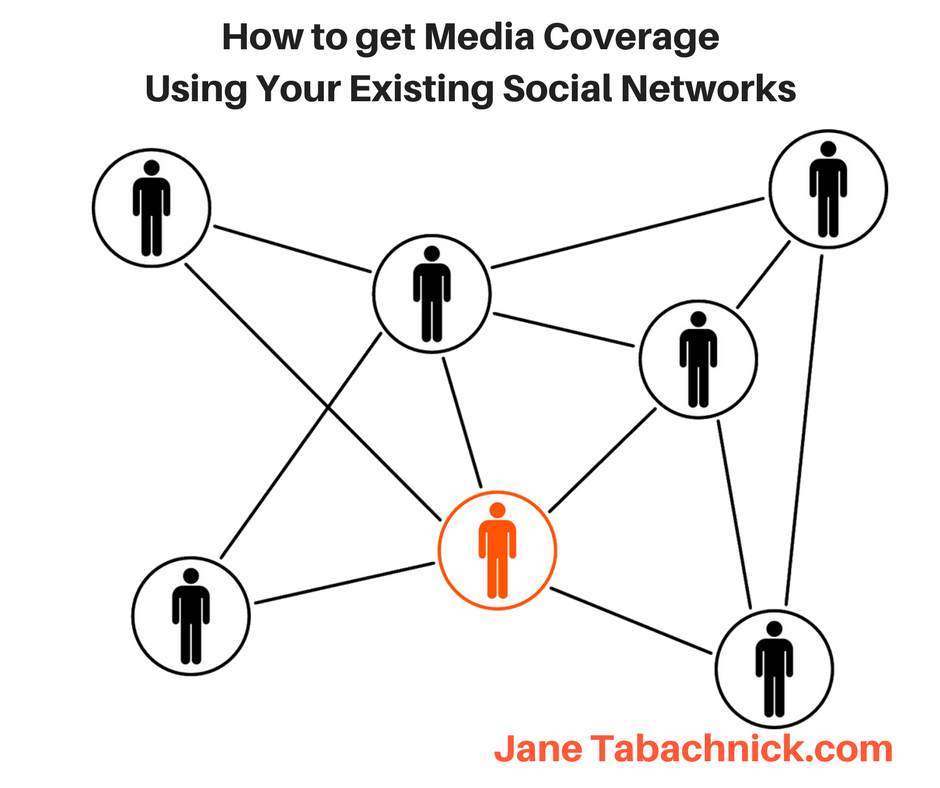
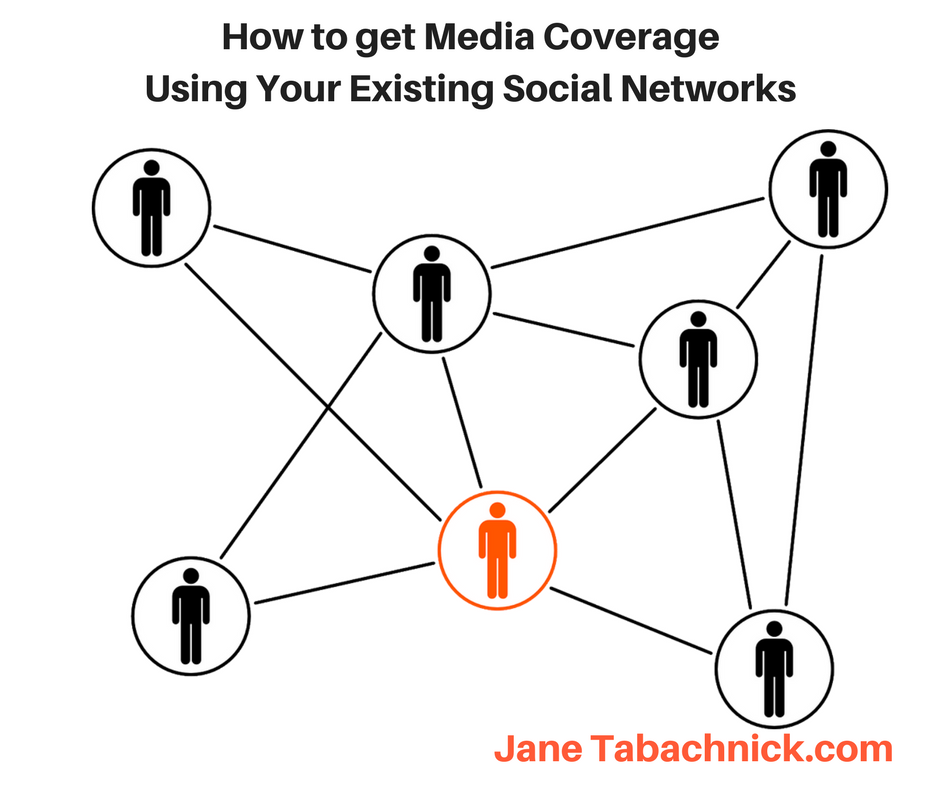 If you are looking for media coverage, you can start by using social media. Chances are there is a journalist in your existing social network. Or just one connection or friend away.
If you are looking for media coverage, you can start by using social media. Chances are there is a journalist in your existing social network. Or just one connection or friend away.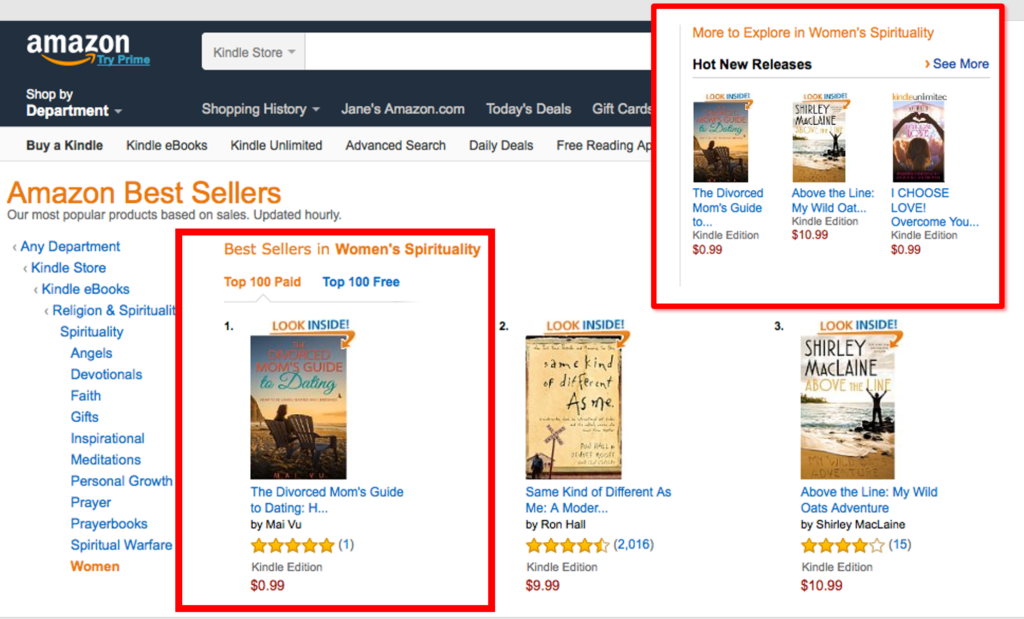

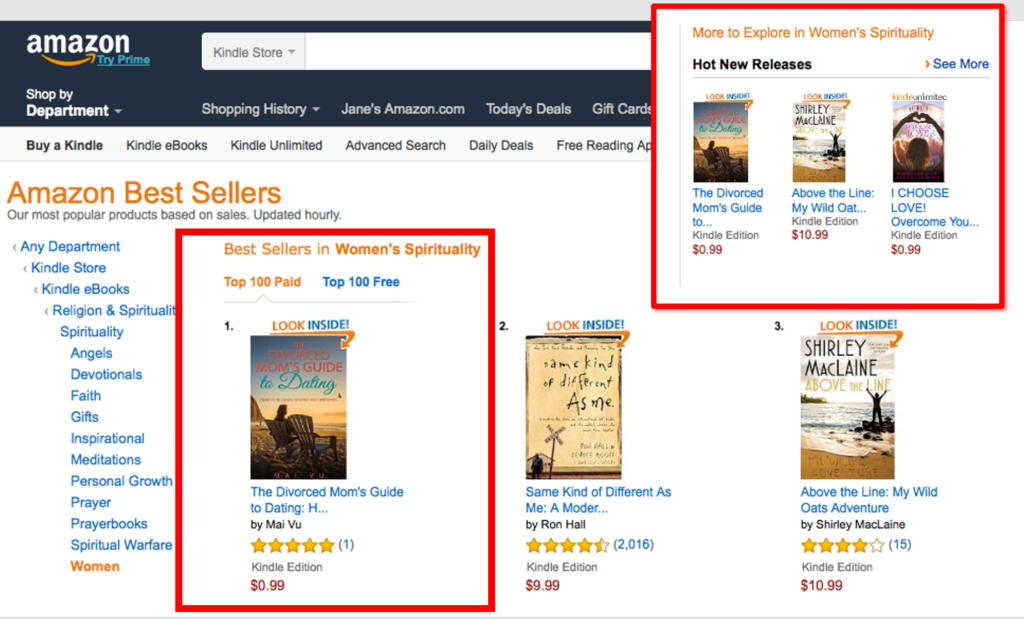
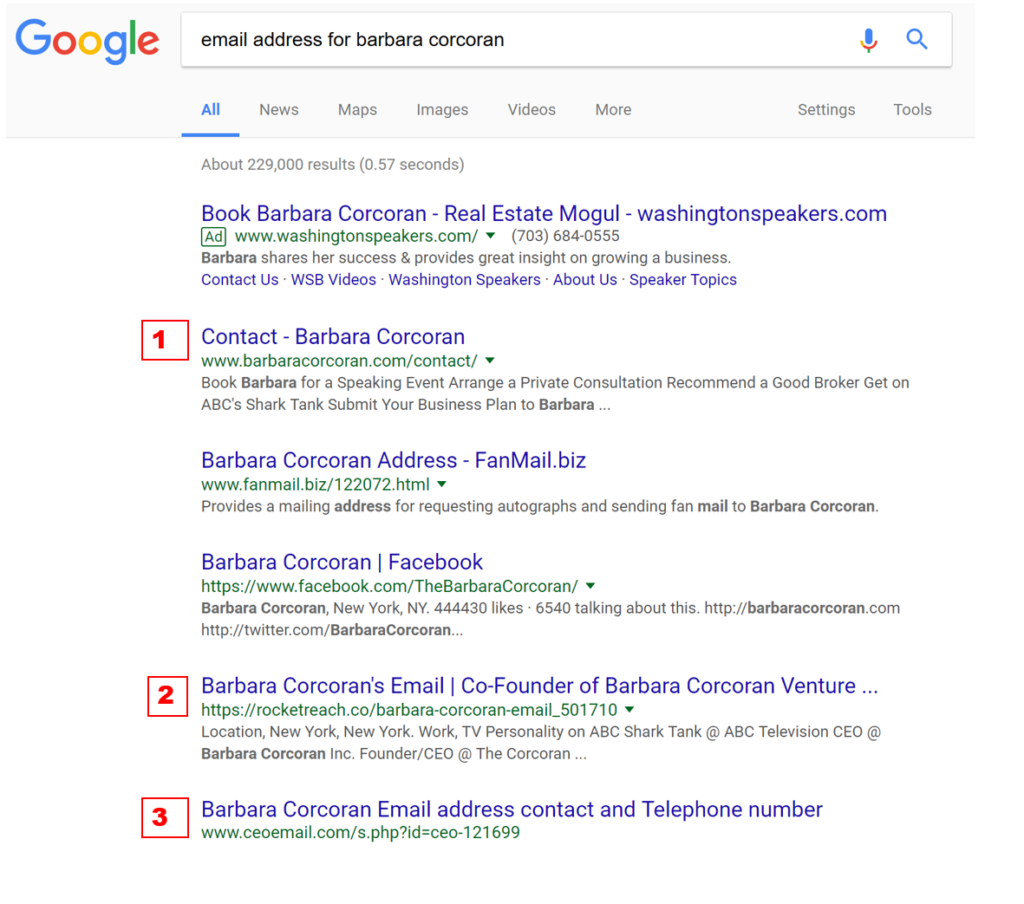
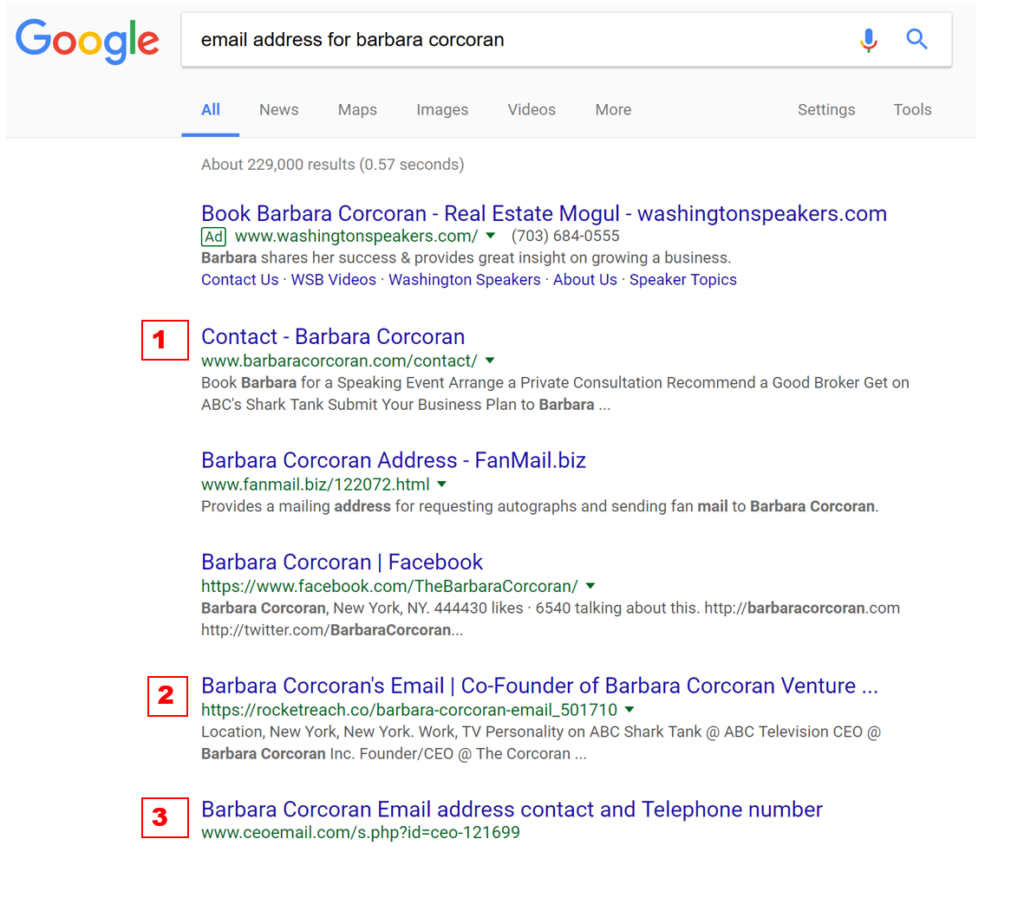
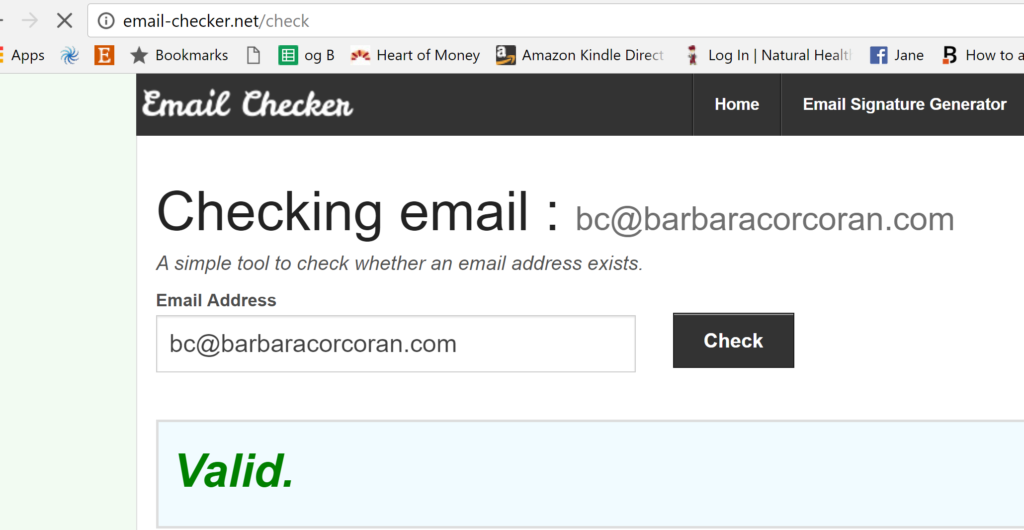
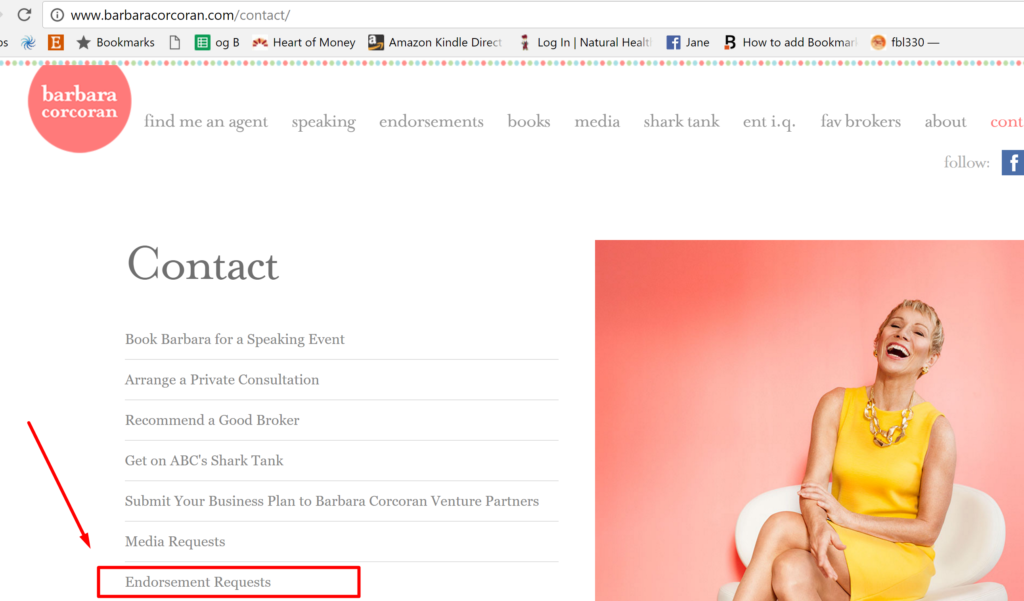







 I consider social media as part of ‘the media’ nowadays
I consider social media as part of ‘the media’ nowadays I am just back from an amazing 4 days at the Speaker Empire event learning how to grow your business as a speaker or author. I picked up lots of tips and inspiration and it got me to thinking…
I am just back from an amazing 4 days at the Speaker Empire event learning how to grow your business as a speaker or author. I picked up lots of tips and inspiration and it got me to thinking…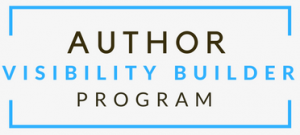 That’s why I created the Author Visibility Builder program. It’s for non-fiction authors just like you who want to do your own book publicity. You know that if you just get in front of your ideal audience, you can share more of your gifts as well as turn more of your audience into paying clients.
That’s why I created the Author Visibility Builder program. It’s for non-fiction authors just like you who want to do your own book publicity. You know that if you just get in front of your ideal audience, you can share more of your gifts as well as turn more of your audience into paying clients. Wei is an active business networker, and took his book to all his events. This became an easy conversation starter and instant expert positioning for him.
Wei is an active business networker, and took his book to all his events. This became an easy conversation starter and instant expert positioning for him.